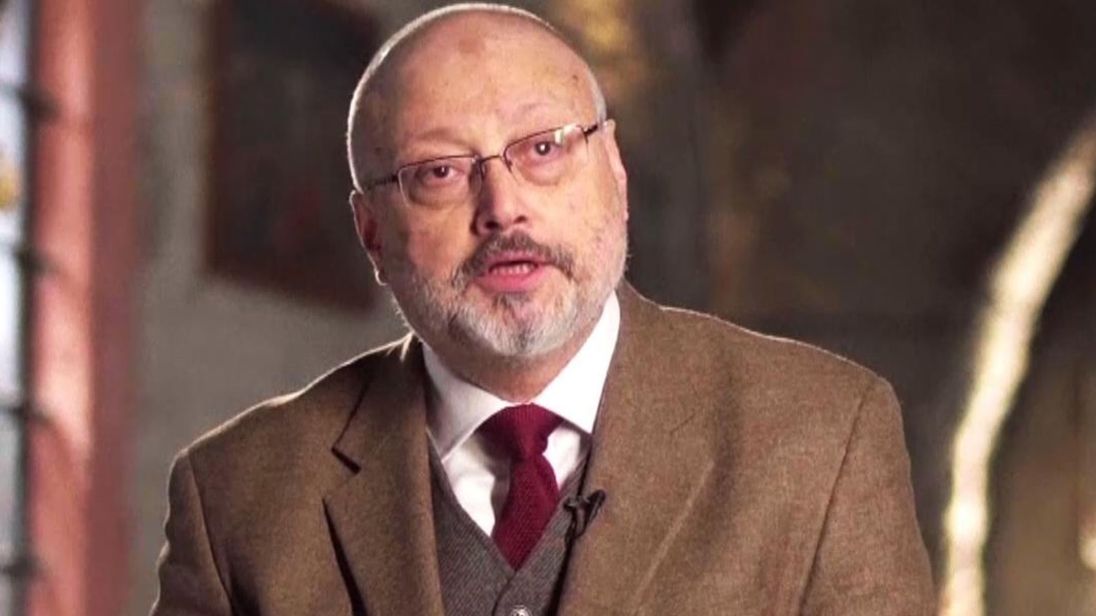Saudi Arabia and key ally Bahrain on Saturday said Gulf states are playing a critical role in maintaining stability in the Middle East by combating Iran’s “vision of darkness”, as Riyadh faces its worst political crisis in decades.
Saudi Arabia is the lynchpin of a U.S.-backed regional bloc against growing Iranian influence in the Middle East.
However, the murder of journalist Jamal Khashoggi at its consulate in Istanbul on Oct. 2 has prompted a global outcry and strained Riyadh’s ties with the West.
SARS Tortured, Killed Detainees in My presence – Evans tells Court
“We are now dealing with two visions in the Middle East.
“One is a Saudi vision of light, one is an Iranian vision of darkness, which seeks to spread sectarianism throughout the region,” Foreign Minister, Adel al-Jubeir, told a security summit in Bahrain.
“History tells us that light always wins out against the dark, the question is, how do we defeat them?”
U.S. Defence Secretary, Jim Mattis, said on Saturday that the killing of Khashoggi, a prominent critic of Saudi policy, undermined regional stability and that Washington would take additional measures against those responsible after announcing visa bans on 21 suspects in the case.
“Failure of any one nation to adhere to international norms and the rule of law undermines regional stability at a time when it is needed most,” Mattis told a separate session of the annual Manama Dialogue security conference.
The long-planned event has been the focus of greater scrutiny this year after the killing of Khashoggi, with Jubeir questioned about how the case would affect Saudi Arabia’s credibility on foreign policy and security matters.
He reiterated that Riyadh would bring to justice those responsible for Khashoggi’s death, saying they would be prosecuted in the kingdom, a day after Turkey demanded the extradition of 18 Saudis suspected of involvement in his murder.
Jubeir said ties between Saudi Arabia, the world’s top oil exporter, and the U.S. are “ironclad” and praised what he described as the “rational, realistic” foreign policy of the current U.S. administration.
President Donald Trump has said he wants to get to the bottom of the Khashoggi case, while also highlighting Riyadh’s role as an ally against Iran and militants, as well as a major purchaser of U.S. arms.
Sunni Muslim Saudi Arabia and Shi’ite Muslim Iran, which was not represented in the Manama conference agenda, have long been locked in a proxy war, competing for regional supremacy from Iraq to Syria and Lebanon to Yemen.
Trump, who in May, withdraw the U.S. from a 2015 international nuclear accord with Tehran, has strongly backed Saudi Arabia in its efforts to counter Iran’s influence.
The next wave of U.S. sanctions against Iran is due to come into effect on Nov 4.
Iran, for its part, accuses Saudi Arabia and the United Arab Emirates of funding gunmen who attacked a military parade in Iran in September, killing 25 people, 12 of them, members of the elite Revolutionary Guards.
However, Saudi Arabia and the UAE have denied any involvement.



Leave a Reply